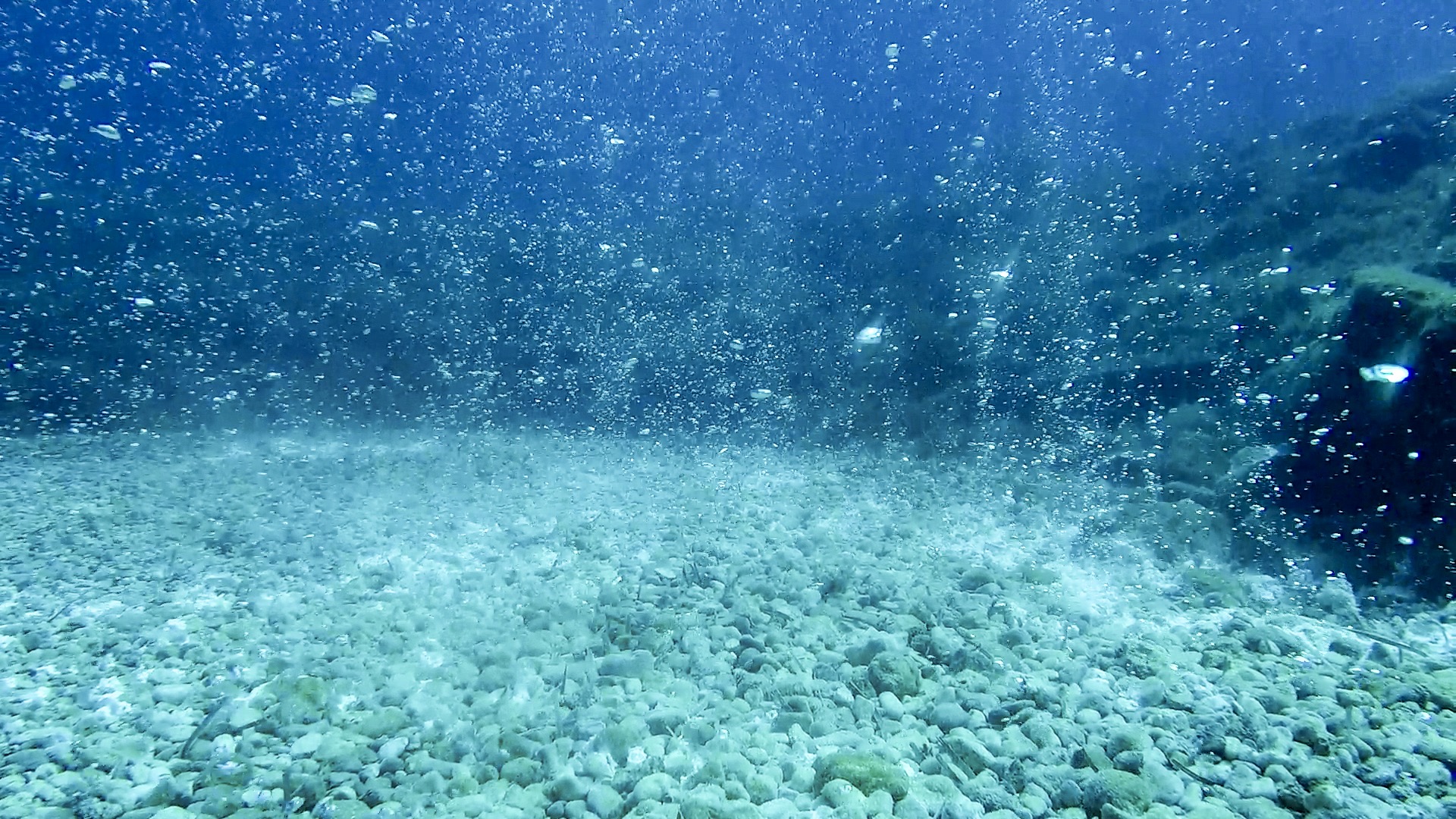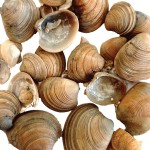MOLLUSC STUDIES

“SHELL WARM – Acidification effects on Mediterranean molluscs”
SHELL WARM project is funded by the National Geographic with an Early Career Grant and aims to investigate the effects of seawater acidification and global warming on growth and survival of marine molluscs. Among marine calcifying organisms, molluscs seem to be very vulnerable to changes in seawater chemistry with possible negative implications for the shell formation. SHELL WARM will be performed in a unique natural laboratory, the Mediterranean site of volcanic activity off Panarea Island, where water is naturally acidified permitting to observe now what could happen in the future Sea.
The fossil clams project
The “fossil clams” project aims to evaluate the potential effects of increasing temperature on the skeletal properties and growth of the bivalve Chamelea gallina from Holocene fossil deposits of the Northern Adriatic Sea. The analyzed fossil horizons are arranged along a time gradient of 10000 years, a period in which temperature was almost two degrees higher than today. The relationships between the morphological parameter of the valves are analyzed and the age is determined by observing the annual growth bands (sclerochronology). The type and structure of the crystals are determined by infrared spectroscopy (FTIR), X-ray diffractometry (XRD) and thermogravimetry (TGA). Information on the skeletal density and porosity is determined through the buoyant weight technique.

